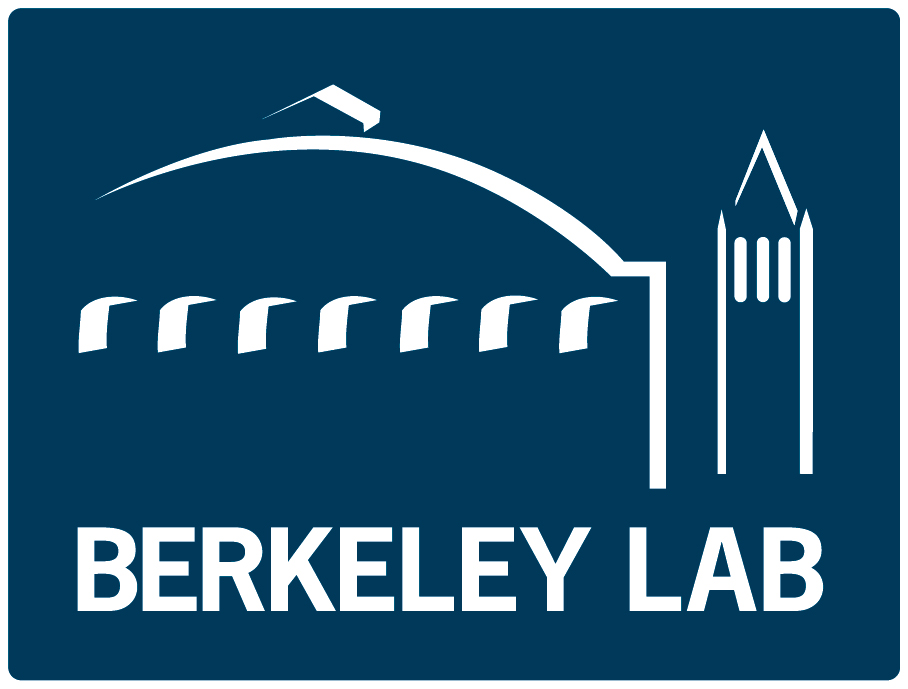Applications
- Predicts patient response to NADT in prostate cancer treatment.
- Identifies patients likely to benefit from mTOR inhibitors.
- Enables personalized treatment strategies for improved outcomes.
Advantages/Benefits
- Faster and cheaper biomarker identification process than traditional methods
- High predictive accuracy for treatment outcomes and prognosis
- Improved patient care through personal treatment and therapies
- Broader clinical validation and implementation
Background
Prostate cancer patients undergoing Neoadjuvant Androgen Deprivation Therapy (NADT) often experience varied outcomes. Identifying patients likely to benefit most from NADT or alternative therapies, like mTOR inhibitors, is critical for optimizing treatment and avoiding unnecessary side effects. This invention uses artificial intelligence (AI) to find and validate specific biomarkers, called Cellular Morphometric Biomarkers (CMBs), from prostate tissue samples, making it easier to match patients with the most effective treatment options.
Technology Overview
Researchers at Lawrence Berkeley National Laboratory have developed an AI-based method to improve treatment planning for prostate cancer patients. By analyzing needle biopsy samples, the technology identifies 13 key features, called Cellular Morphometric Biomarkers (CMBs), to predict how patients will respond to Neoadjuvant Androgen Deprivation Therapy (NADT). Patients are classified as exceptional responders (ER) or incomplete/non-responders (INR), enabling doctors to tailor treatment plans more effectively. In a study of 122 patients, the system identified those more likely to respond well to treatment, showing a higher rate of complete cancer elimination (p=0.0005) and longer cancer-free survival (p=0.024). It also found that patients less likely to respond to the standard therapy showed stronger responses to alternative treatments like Rapamycin, with significantly higher sensitivity. Adding genetic data further improved the system’s accuracy, offering deeper insights into why some treatments fail for certain patients. This affordable and efficient technology offers a personalized approach to prostate cancer care, improving patient outcomes while reducing unnecessary treatments.
Development Stage
Proof of Concept
Principal Investigator(s)
- Hang Chang
- April Mao
- Jian-Hua Mao
Status
Patent pending
Opportunities
Available for licensing or collaborative research

